The recent agreement between Syrian President Ahmed al-Sharaa’s government in Damascus and the Druze stronghold of Suwayda is neither the first of its kind nor will it be the last. What makes this particular arrangement especially dangerous is the fact that it lacks consensus even among the spiritual leaders of the Druze community — a warning sign that renewed conflict is likely.
Worse still, the dispute appears to be devolving from a political disagreement into a deeper societal rift, risking long-term communal strife. A stark example of this shift is the mobilization of Arab Bedouin tribes openly declaring their readiness to storm Suwayda.
Reducing this crisis to a mere incident of a fruit merchant’s kidnapping is not only reductive but dangerously naïve. It is, in fact, a symptom of a deeper issue: the fragile and exclusionary structure of Syria’s new ruling authority. That such a minor event could ignite a crisis threatening to draw in regional and international actors is a testament to the weakness of the regime’s foundations.
Syrian authoritarianism drives unrest in Suwayda and Druze regions
At the heart of the problem lies the authoritarian approach of the government under al-Sharaa, who has imposed a unilateral governmental and constitutional structure on the country. By sidelining all other actors in shaping Syria’s future, al-Sharaa is laying the groundwork for a new regime alarmingly reminiscent of the Bashar al-Assad era.
The international community bears significant responsibility for the ongoing bloodshed in Syria, having provided unconditional support to al-Sharaa and his affiliates. Supporting one group’s monopoly over governance is not equivalent to supporting the Syrian people. Instead, it perpetuates the authoritarian legacy of Assad. The preservation of that legacy has already wrought untold devastation and has left the al-Sharaa government doomed to fall — though its fall may be much more violent and chaotic than Assad’s.
The United States, Europe, Arab nations and Turkey must absorb the lessons of Syria’s recent history and avoid repeating its darkest chapters. Proper assistance to those governing Damascus should not come in the form of endorsing repression or exclusion. The most valuable support the international community can offer al-Sharaa is to help him initiate an inclusive, peaceful political process — not another version of the so-called “National Dialogue Conference,” which merely handed Syria’s fate to a single faction.
All stakeholders must now apply pressure on al-Sharaa to urgently begin a genuine and inclusive dialogue, one that leads to a concrete roadmap implemented immediately — ensuring genuine power-sharing among all of Syria’s diverse communities.
US policy missteps embolden Damascus’s offensive on Suwayda
The regime’s assault on Suwayda stems from many factors, including heinous massacres and violations against the sacred sites of the Druze community. However, one crucial cause has largely gone overlooked. Before the attack, US Ambassador to Turkey and Special Envoy for Syria, Thomas Barrack’s overt alignment with al-Sharaa’s group in a failed meeting with a northeastern Syrian delegation led by General Mazloum Abdi sent a dangerous signal: that Washington would back al-Sharaa’s bloody ambition to dominate all regions by force.
Following that disastrous meeting, al-Sharaa’s circle grew emboldened. They imposed unrealistic conditions on Abdi, deployed forces near Raqqah and Deir ez-Zur and incited dissent among some Arab elements within the Syrian Democratic Forces. This reckless strategy threatened to destabilize the region, risk catastrophe in al-Hol camp and even invite a resurgence of the Islamic State of Iraq and Syria (ISIS).
Simultaneously, the regime turned its wrath on Suwayda, committing atrocities against civilians — including women, children and the elderly. These acts are not merely violations of human rights, but signs of a regime that is not just repressive, but increasingly unhinged.
The United States, Europe and Arab nations must now recognize that Syria stands at a dangerous crossroads with only two paths forward:
1. A decentralized, federal Syria — one that ensures justice, preserves territorial unity and allows for a new, prosperous, inclusive nation to emerge — that is cooperative and stable at home and respected abroad.
2. A descent into protracted civil war — leading inevitably to Syria’s partition by blood, akin to the Yugoslav wars. But Syria is not Yugoslavia, and the Middle East is not Europe. A war of that scale would not stop at Syria’s borders. Its flames would engulf the region — and beyond.
[Kaitlyn Diana edited this piece.]
The views expressed in this article are the author’s own and do not necessarily reflect Fair Observer’s editorial policy.
Support Fair Observer
We rely on your support for our independence, diversity and quality.
For more than 10 years, Fair Observer has been free, fair and independent. No billionaire owns us, no advertisers control us. We are a reader-supported nonprofit. Unlike many other publications, we keep our content free for readers regardless of where they live or whether they can afford to pay. We have no paywalls and no ads.
In the post-truth era of fake news, echo chambers and filter bubbles, we publish a plurality of perspectives from around the world. Anyone can publish with us, but everyone goes through a rigorous editorial process. So, you get fact-checked, well-reasoned content instead of noise.
We publish 3,000+ voices from 90+ countries. We also conduct education and training programs
on subjects ranging from digital media and journalism to writing and critical thinking. This
doesn’t come cheap. Servers, editors, trainers and web developers cost
money.
Please consider supporting us on a regular basis as a recurring donor or a
sustaining member.
Will you support FO’s journalism?
We rely on your support for our independence, diversity and quality.


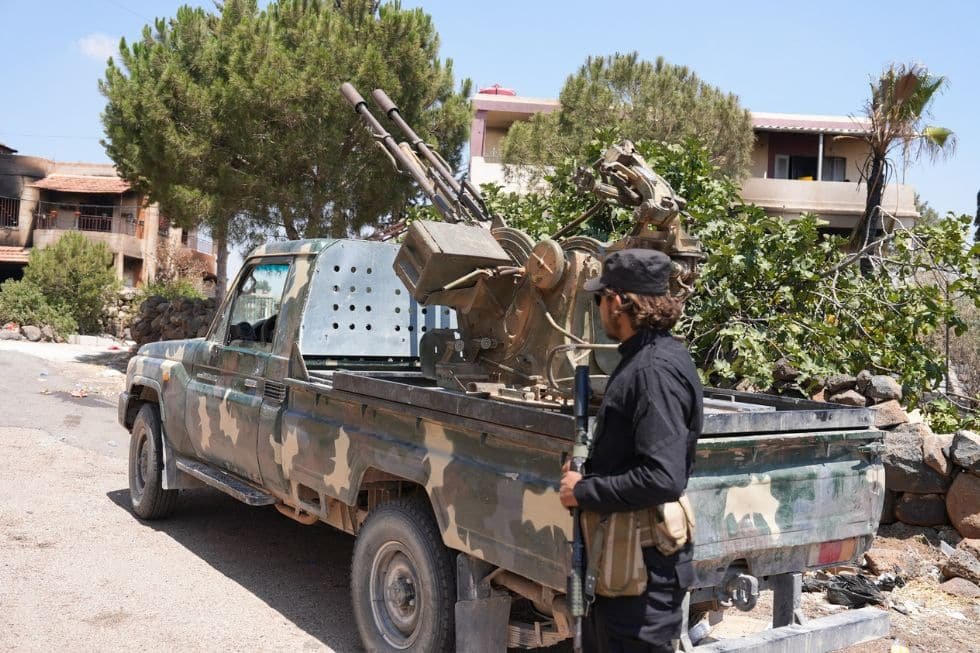
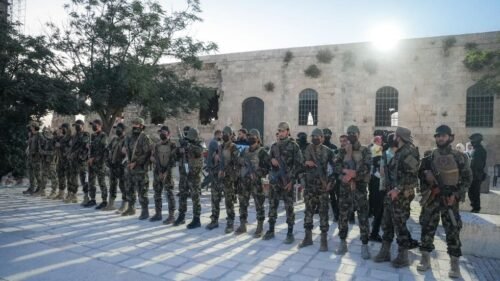
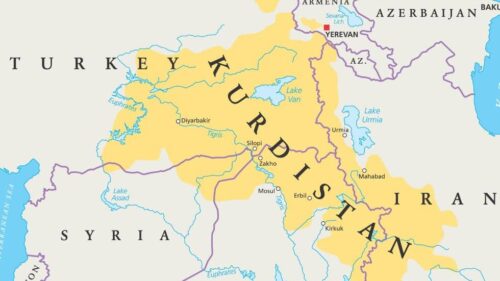
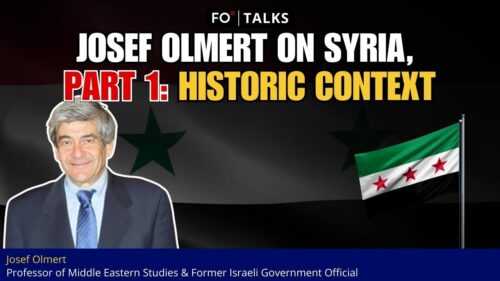
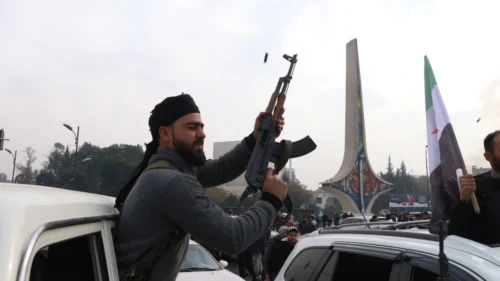


Comment